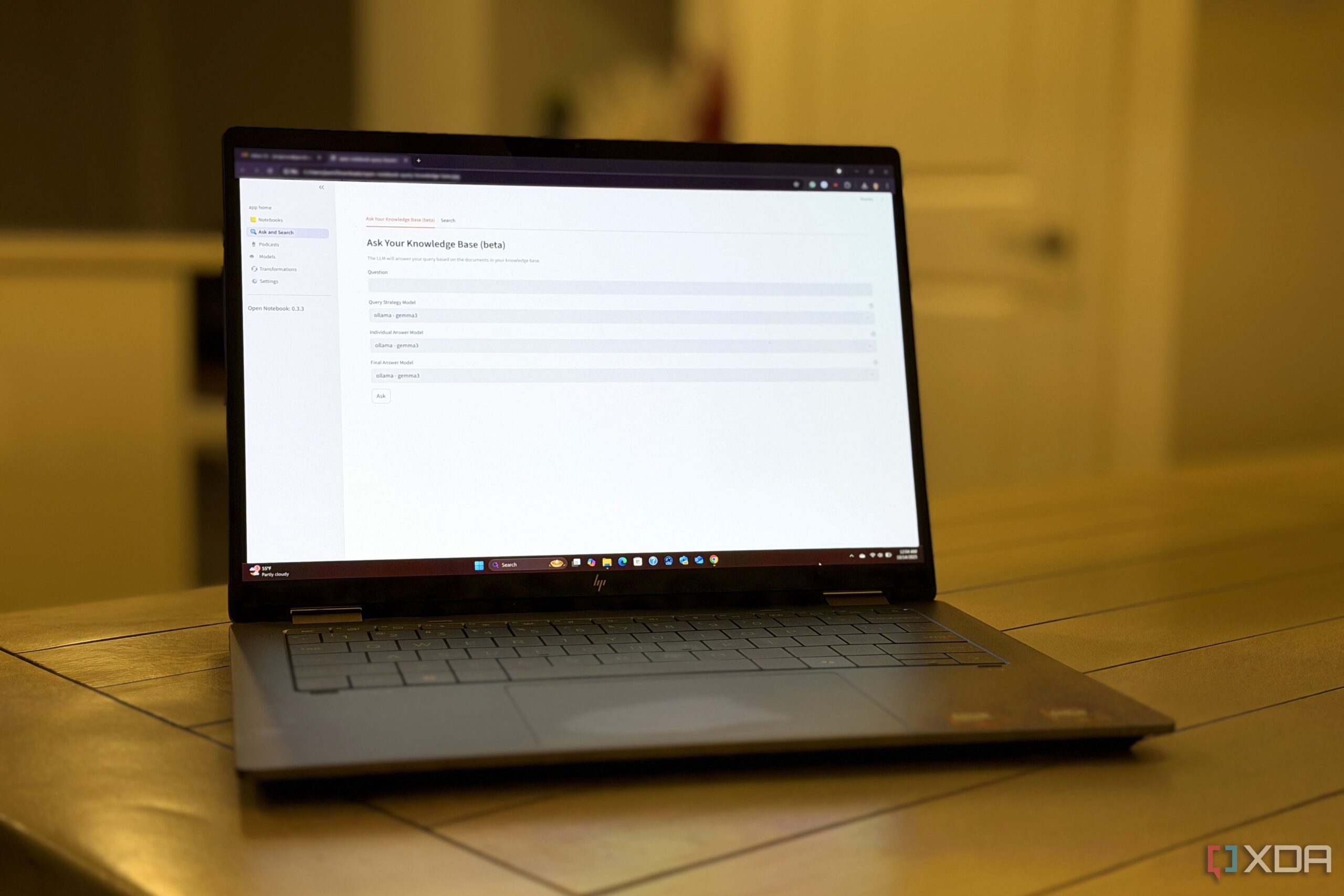UPDATE: A revolutionary self-hosted alternative to NotebookLM has just been launched, promising to enhance user control and data privacy. Open Notebook is now available, allowing users to manage complex research topics without relying on major cloud providers like Google.
This shift comes amid growing concerns over data privacy, as users increasingly seek ways to minimize their dependence on large tech companies. Open Notebook offers a robust solution, featuring support for a wide range of AI models and content formats, making it a powerful tool for researchers.
What is Open Notebook? Open Notebook is an open-source, AI-powered note-taking platform that allows users to create notebooks for querying with various AI models. Users can upload content in formats such as URLs, PowerPoint, PDF, and even YouTube links for AI-generated transcripts. The platform includes essential features that previously attracted users to NotebookLM, but with the added benefit of data privacy.
Key features of Open Notebook include:
– **Model Provider Support:** Choose from multiple AI providers such as OpenAI, Anthropic, and Elevenlabs.
– **Content Support:** Multiple formats supported for diverse research needs.
– **Chat Assistant:** An integrated AI assistant for insights and deeper analysis.
– **Transformations:** Process and enrich your content with custom summaries and key points.
– **Search and Ask:** Full-text and vector search capabilities for comprehensive data retrieval.
– **Podcast Generator:** Create engaging podcasts from your notes.
One significant advantage of Open Notebook is its ability to keep all user data stored locally, minimizing exposure to external cloud services. Users can rest assured that their information remains secure, as the platform pulls all sources into a local database without direct connections to services like Google Docs or Notion.
Getting Started with Open Notebook: Setting up Open Notebook is straightforward for those familiar with Docker. The installation process involves creating a docker-compose.yaml file and obtaining API keys for the various AI models. Users can explore a wide array of supported models, ensuring the selection best fits their research needs.
Despite its initial setup challenges, users are encouraged to continue using Open Notebook for its immense flexibility and control over data. This self-hosted option is particularly appealing for those fatigued by the limitations of free API tiers associated with traditional platforms.
With the rise of Open Notebook, researchers and knowledge workers can now curate their information securely and efficiently. This tool is not just a replacement; it’s a game-changer in the realm of AI-based research tools.
As the demand for user-friendly, self-hosted AI solutions grows, Open Notebook represents a significant shift in how users approach data management and note-taking. Expect more updates and developments as this platform gains traction among users seeking autonomy over their research processes.
Stay tuned for more information on Open Notebook and how it continues to evolve in the competitive landscape of AI tools.





































































